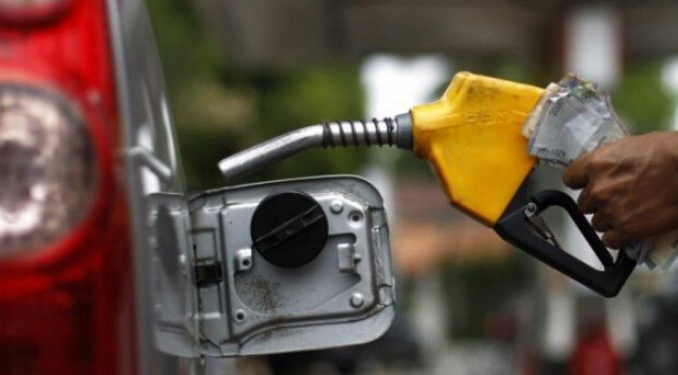
NINE months after President Bola Tinubu ended petrol subsidies, Nigerians are none the wiser on the outcome of that decision. While the Federal Government and the Nigerian National Petroleum Company Limited insist that subsidy is gone, new reports countermand them. Although petrol price has accelerated from N187 per litre in the subsidy era, first, to about N500/l and between N580/l and N700/l now, some things do not add up.
The first sign of trouble was the unification of the multiple naira rates in June. It made the naira to depreciate consistently against the dollar, moving from N460.70 per $1 then to N1,500/$1 this month. With Nigeria importing nearly all the petroleum products it consumes, and the government capping the price at retail stations, the insistence that there is no more subsidy is a topical issue.
With a barrel of oil going for $76.27 on Thursday afternoon, industry experts believe that the minimum landing cost of petrol is about N1,200/l. Media reports state that a litre of petrol is N1,633 in nearby Benin Republic, N1,500 in Ghana, N1,680 in Togo, N2,011 in Cameroon, N2,042 in Burkina Faso and highest at N2,080 in Mali.
The IMF notes that the Nigerian government has restored petrol subsidy surreptitiously. The global lender, at its most recent Post Financing Assessment with Nigeria, said the Tinubu administration has “capped retail fuel and electricity prices—thus partially reversing the fuel (petrol) subsidy removal—.”
As usual, there are gains and losses. The positives include more money for the three tiers of government. In November, the centre said it saved N1.45 trillion between June and September because of subsidy removal. A PUNCH report projects that the 36 states will receive N2.24 trillion more than the N3.3 trillion they collected from the Federal Accounts Allocation Committee in 2024.
On the downside, there are still queues at petrol stations. Diesel is selling for around N1,200/l, and aviation fuel is expensive because Nigeria imports these white products. Inflation, at 28.99 per cent in December, has soared to a two-decade high.
In turn, there is growing agitation about the hardship among citizens. There have been protests in about four states. Many businesses are shutting down or downsizing to stay afloat; public workers are angling for pay increases.
So, what is the way out? There are two main broad options, both interrelated. First, the Tinubu government must boldly stop the importation of petroleum products. If imports persist, the prices of products might not fall. Therefore, he must catalyse domestic refining. Since Nigeria is Africa’s largest crude exporter, this should not be too difficult. Domestic refining also means the pressure on the naira will attenuate since the NNPC will no more need dollars to import refined products.
Already, the 650,000 barrels-per-day Dangote Refinery in Lagos is about to commence production. The government should offer material support to ensure that happens. Part of this is a comprehensive security review to boost Nigeria’s crude oil production, which fell to 1.48 million bpd in January. Currently, Nigeria is losing 400,000 bpd, which translates to about $4 million, according to the National Security Adviser, Nuhu Ribadu.
The government and the NNPC should hasten the re-commencement of refining at the four public refineries, starting with the facilities at Port Harcourt. To sustain production there, Tinubu should privatise them at the earliest opportunity. This will shore up the flagging FDI, helping the naira to appreciate.
The second, strengthening the value of the naira, is a bit tricky, especially for politicians. Government officials put enormous pressure on the naira regularly after collecting their monthly FAAC allocations, using the naira in their hands to stock up dollars. Government should give them their allocations in dollars since Nigeria sells crude in dollars.
END

Be the first to comment